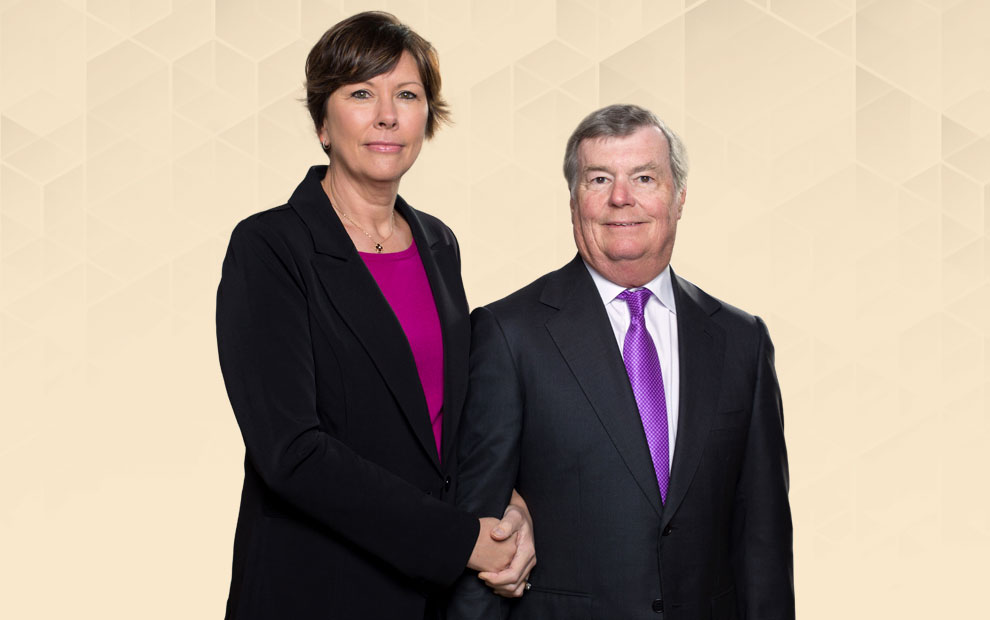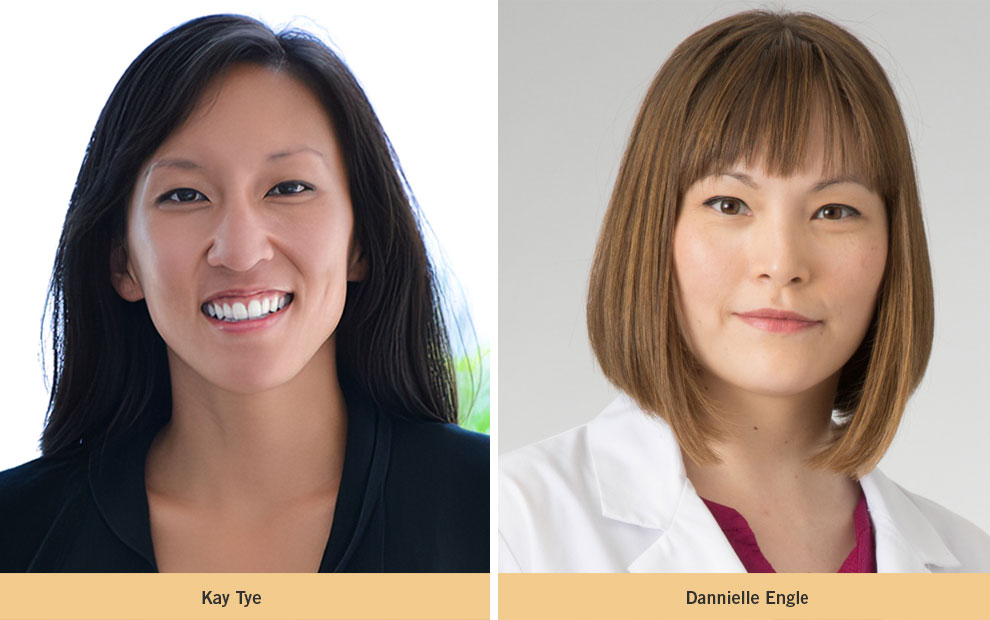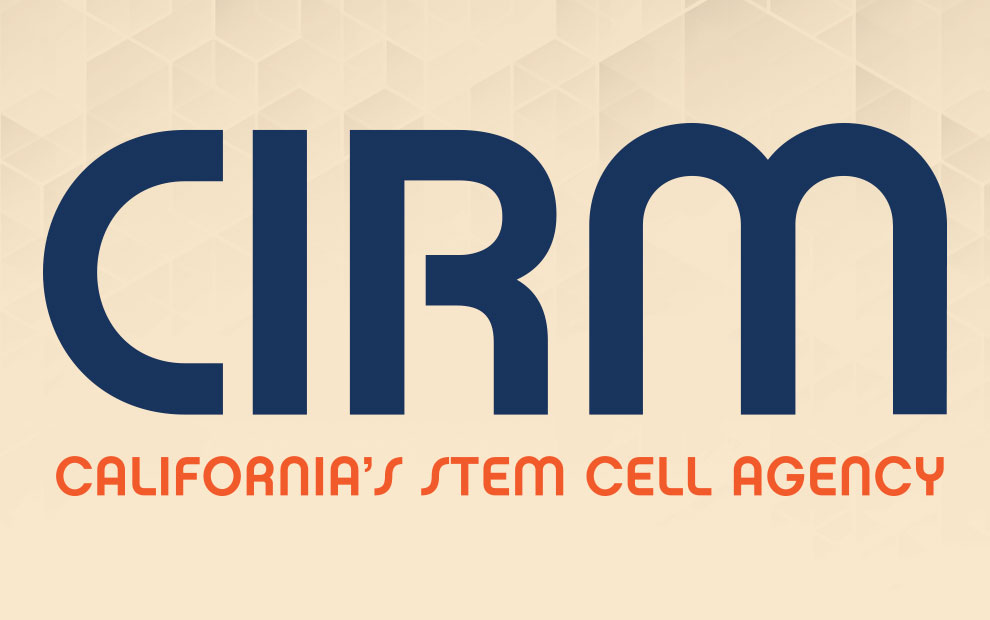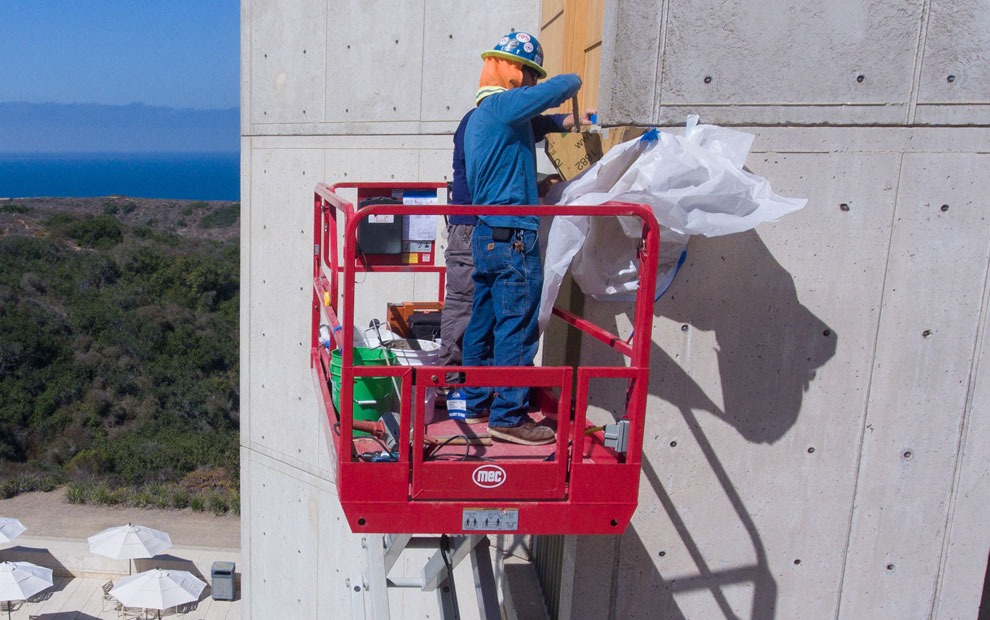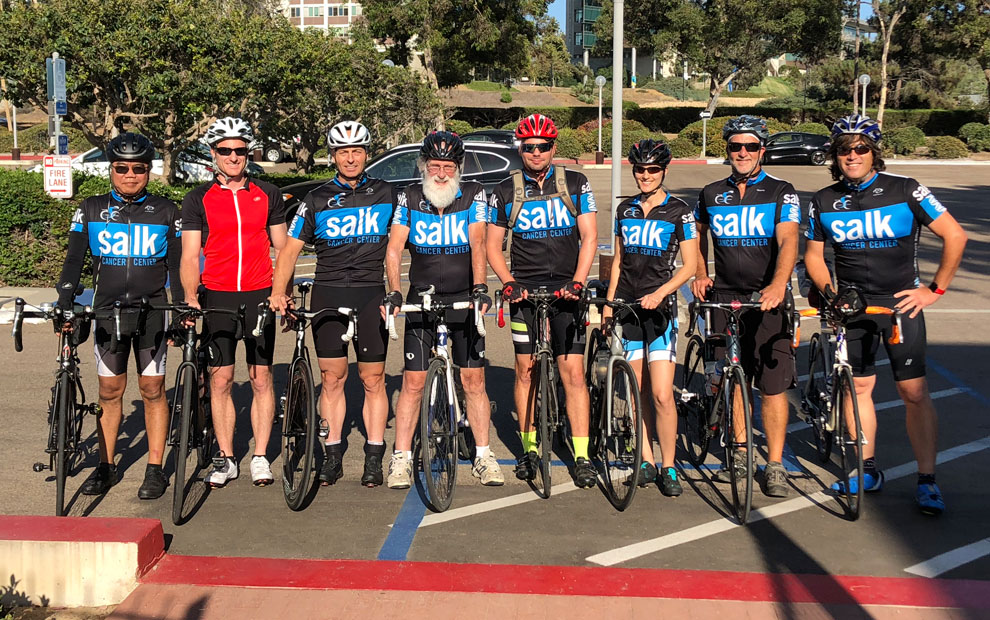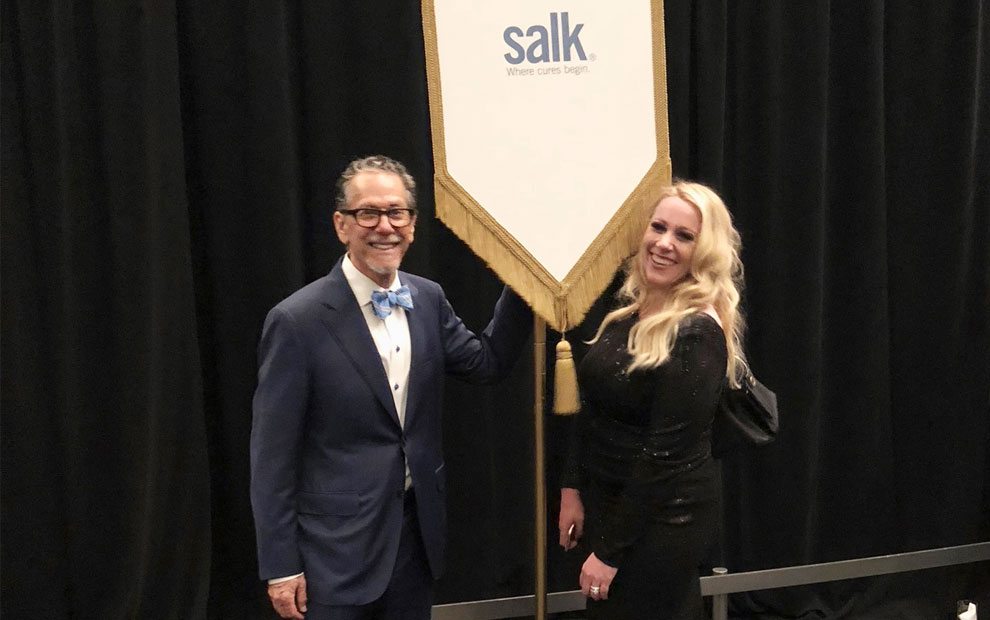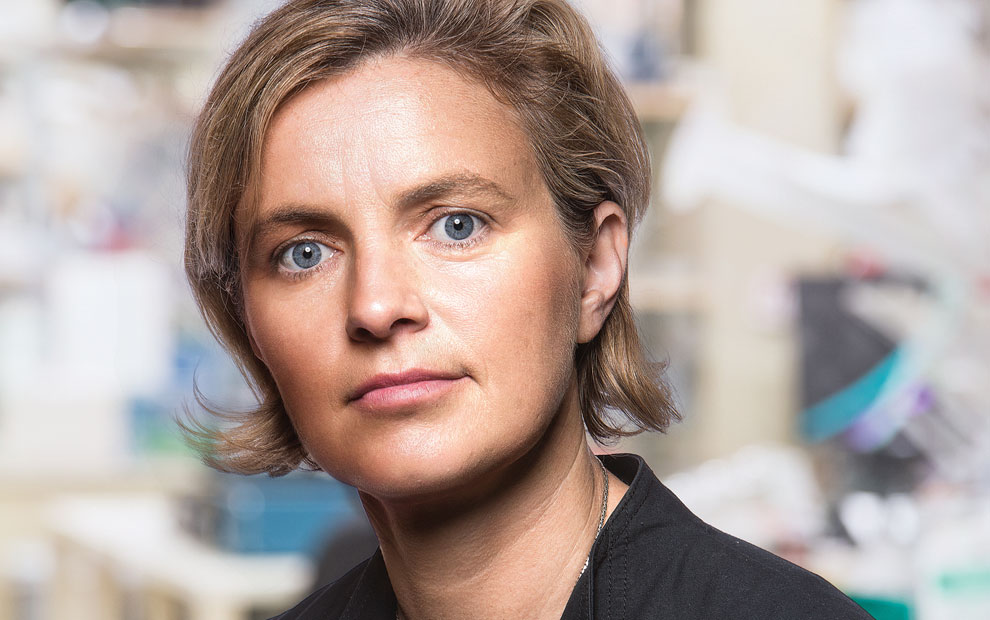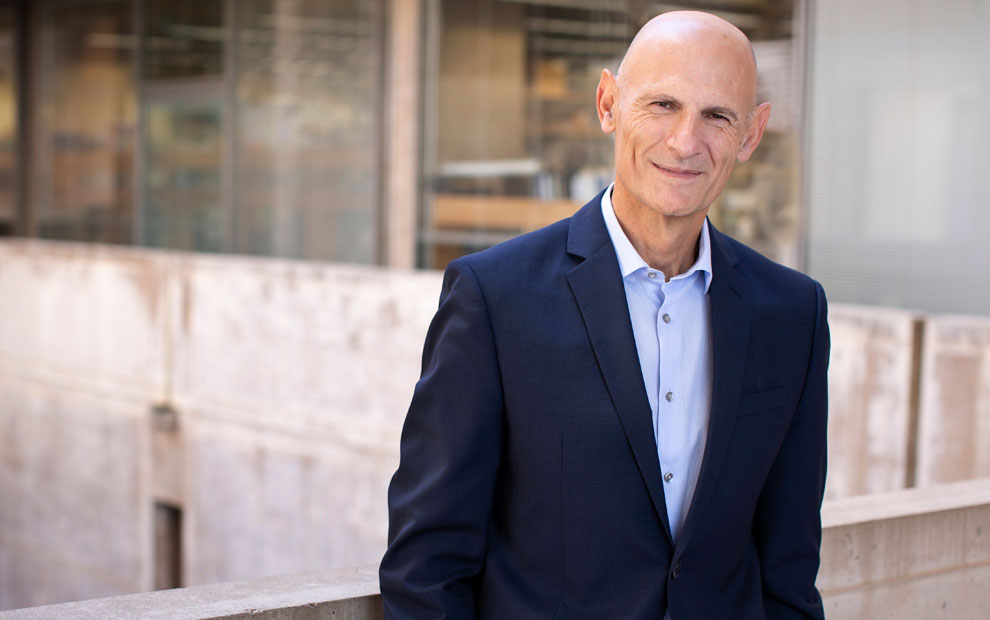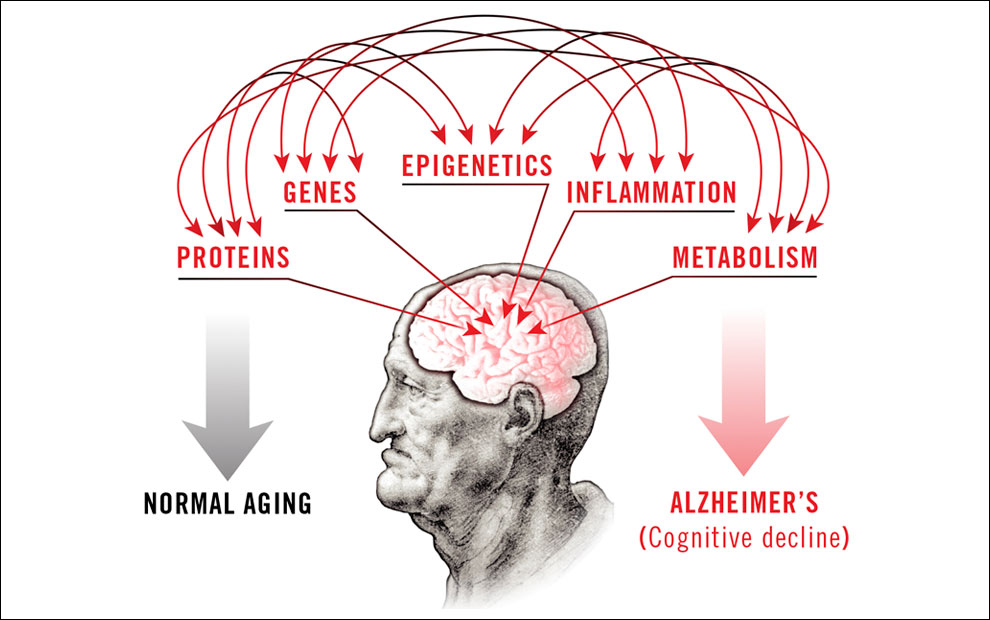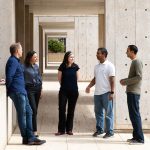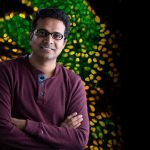The Salk Institute recently announced a $2 million gift in support of its Conquering Cancer Initiative from Board of Trustees Chair Dan Lewis and his wife, Martina. The funds will be used to advance the Salk Cancer Center’s highest research priorities, including new investigations into five of the deadliest cancers: lung, pancreatic, brain (glioblastoma), ovarian and triple-negative breast. The gift made possible the recruitment of incoming Salk Assistant Professor Dannielle Engle, whose unique work on pancreatic cancer may lead to new treatments.
Lewis’ story was inextricably tied to Salk following his diagnosis with chronic myeloid leukemia (CML) in 2006. A diagnosis of CML had previously been akin to a terminal illness. But Salk Professor and former Cancer Center director Tony Hunter’s discovery of cellular switches called tyrosine kinase inhibitors led to the creation of the cancer drug Gleevec. Gleevec is used to manage CML as a chronic disease, preventing it from becoming fatal.






















































